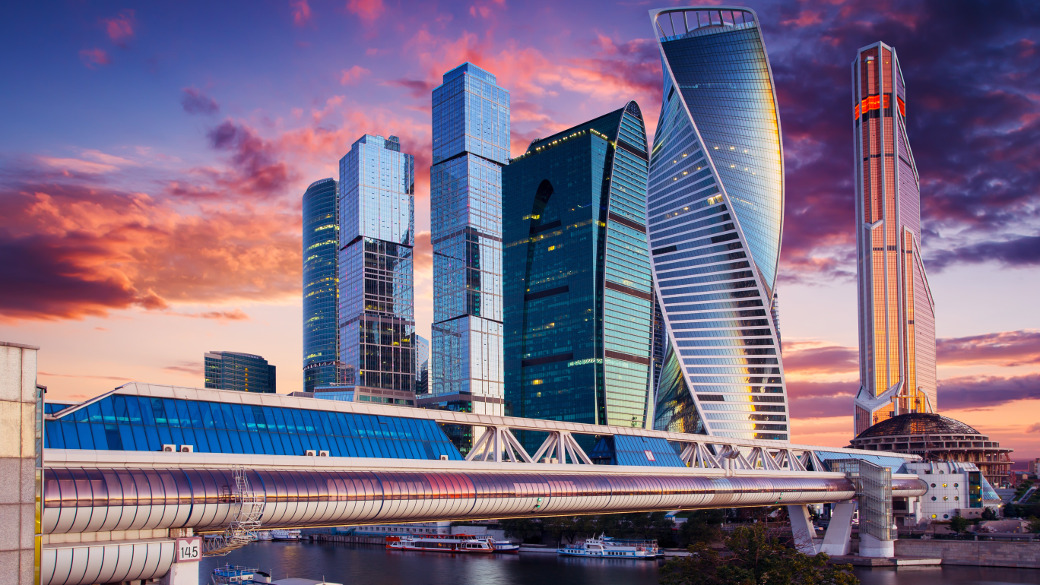


Consider what Russia looked like in 1999 when Putin first became president: a middle-income country in which oil rents constituted a sizeable share of GDP. They might also have left Russians worse off. But the Kremlin could have adopted different economic policies-and some of the alternatives would have made it harder for Putin to sustain his hold on power. That said, does Putin really have an economic strategy? A common explanation of Putin’s longevity is that he survives because Russia’s oil revenues keeps the country afloat Russia’s economy is known more for corruption than for capable economic management.

This strategy will not make Russia rich, but it has kept the country stable and kept the ruling elite in power. Third, it let the private sector improve efficiency, but only where it did not conflict with political goals. Second, it prevented popular discontent by guaranteeing low unemployment and steady pensions, even at the expense of higher wages or economic growth. First, it focused on macroeconomic stability-keeping debt levels and inflation low-above all else. Russia survived the twin challenges of the oil price crash and Western sanctions thanks to a three-pronged economic strategy. Putinomics made it possible for Russia’s president to survive repeated financial and political shocks.

Economic stability has underwritten an approval rating that hovers around 80 percent. Putin has recently overtaken Soviet leader Leonid Brezhnev as the longest-serving Russian leader since Joseph Stalin. Today, Russia’s economy has stabilized, inflation is at historic lows, the budget is nearly balanced, and Putin is coasting toward reelection on March 18, positioning him for a fourth term as president. Many analysts-in Russia as well as abroad-thought that economic crisis might threaten Vladimir Putin’s hold on power. That same year, the West imposed harsh economic sanctions on Russia’s banks, energy firms, and defense sector, cutting off Russia’s largest firms from international capital markets and high-tech oil drilling gear. Yet three years have passed since the price of oil crashed in 2014, halving the value of the commodity that once funded half of Russia’s government budget. “Putin Watches Russian Economy Collapse Along with His Stature,” blared a headline in Time in late 2014. By Chris Miller, Assistant Professor of International History at The Fletcher School of Law and Diplomacy at Tufts University


 0 kommentar(er)
0 kommentar(er)
